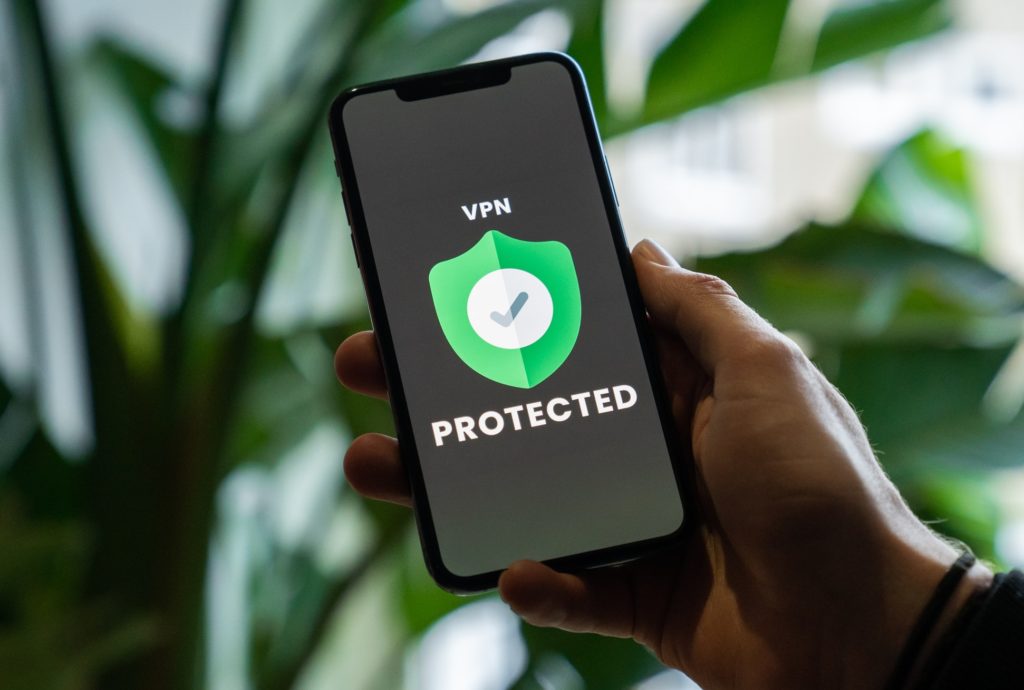If you are someone who cannot imagine life without access to the internet, you probably use your PC on a regular basis. Using a PC to browse the internet places the information of the world at our fingertips; however, it can also place our personal information in harm’s way. Therefore, you need to familiarize yourself with some of the top risks you take when using a PC to browse the internet. What are some of the exposures that lead to threats and common vulnerabilities? How can a VPN resolve a lot of these issues? You can learn more by visiting this link.
Table of Contents
1. A Phishing Attack
One of the top threats you face when you use a PC is called a phishing attack. It is also called a social engineering attack. The goal of this cyberattack is to obtain your sensitive data, including your personal or confidential information such as:
- Your usernames
- Your passwords
- Your bank account information
- Your credit card number
- Your social security number
A phishing attack usually starts with emails or instant messages which are designed to appear legitimate. This attack might even contain links that take you to websites that look legitimate, but they are not. Then, the criminals might steal your information there or trick you into opening a malicious link that installs malware on your computer.
2. An SQL Injection Attack
Today, a lot of servers store their data using a specific method called SQL. Network security threats have gotten more advanced, leading to the development of something called SQL injection attacks. This attack is designed to target applications that use sensitive data by exploiting security vulnerabilities in their software programs.
With a malicious code, an SQL injection attack can obtain, change, or even destroy private data. Such an attack may even void transactions on certain websites. As a result, SQL injections have become one of the most significant privacy issues for individuals using PCs today. Learn more about SQL injection attacks.
3. A DDOS Attack
A distributed denial-of-service attack, also called a DDOS attack, is designed to overwhelm a server with so many commands that could cause the server to shut down. If you have ever been caught in a rush trying to purchase a new product or service, only to get an error message that the server is unavailable, then that server has probably been knocked offline by all the website traffic.
With a DDOS attack, malicious website traffic is specifically designed to prevent legitimate visitors from connecting with a server. Usually, this attack is performed with a single machine and one internet connection. The attack may masquerade as though it comes from multiple IP addresses, making it much harder to track down the source.
4. Man-in-the-Middle-Attacks
A man-in-the-middle attack is a cybersecurity attack that allows an attacker to eavesdrop on communications between two separate entities. Even though these conversations should be private, a man-in-the-middle attack intercepts communications between point a and point B. Even if the data is encrypted at point A and point B, it may not be encrypted in between as it travels from one point to another. As a result, a man-in-the-middle attack intercepts communications when they are not encrypted, opens the message, and steals the information or alters it. Some of the most common man-in-the-middle attacks include:
- IP spoofing
- DNS spoofing
- HTTP spoofing
- SSL hijacking
- Wi-FI hacking
These attacks have the potential to be devastating not only for individuals but also for companies as well.
5. Adware and Spyware
Adware is designed to track your browsing habits. It overwhelms your computer with pop-ups based on your search routines. Spyware is installed on your computer without your knowledge. It could contain a keylogger that steals your personal information. Adware and spyware have the potential to monopolize the resources of your computer, making it difficult for you to check your email, browse the internet, or work on a word document. You might have even downloaded adware and spyware without realizing it.
Use a VPN to Protect Your Computer
To protect yourself, you need to conceal your identity when browsing online. That is where a VPN can be helpful. VPN stands for Virtual Private Network. In many situations, cybercriminals track your activity online using your IP address. Your IP address is a digital fingerprint that could contain your personal information.
We will highly recommend checking out: bestvpn and vpnveteran.
A VPN can protect you online by:
- Scramble your IP address; making it nearly impossible for anyone to track what you are doing online
- Encrypt your online activity from start to finish; meaning criminals will have a difficult time stealing your identity or personal information
- Spoof your location to get around geographic restrictions on certain content
If you want to protect your PC’s vulnerabilities, you need to find the right VPN to meet your needs.
Looking to setup a VPN on a Android device? We walk you through the steps in this article.
